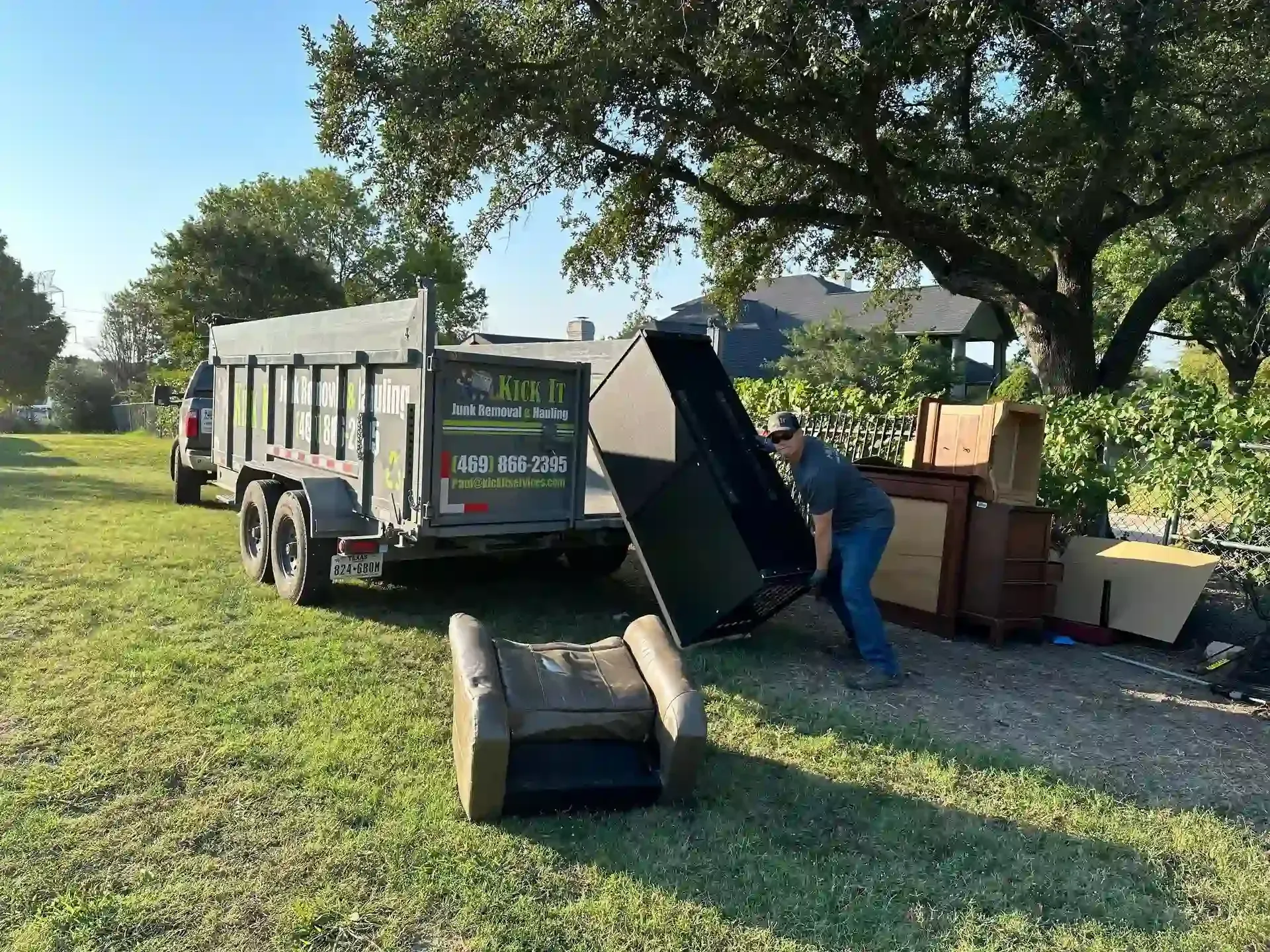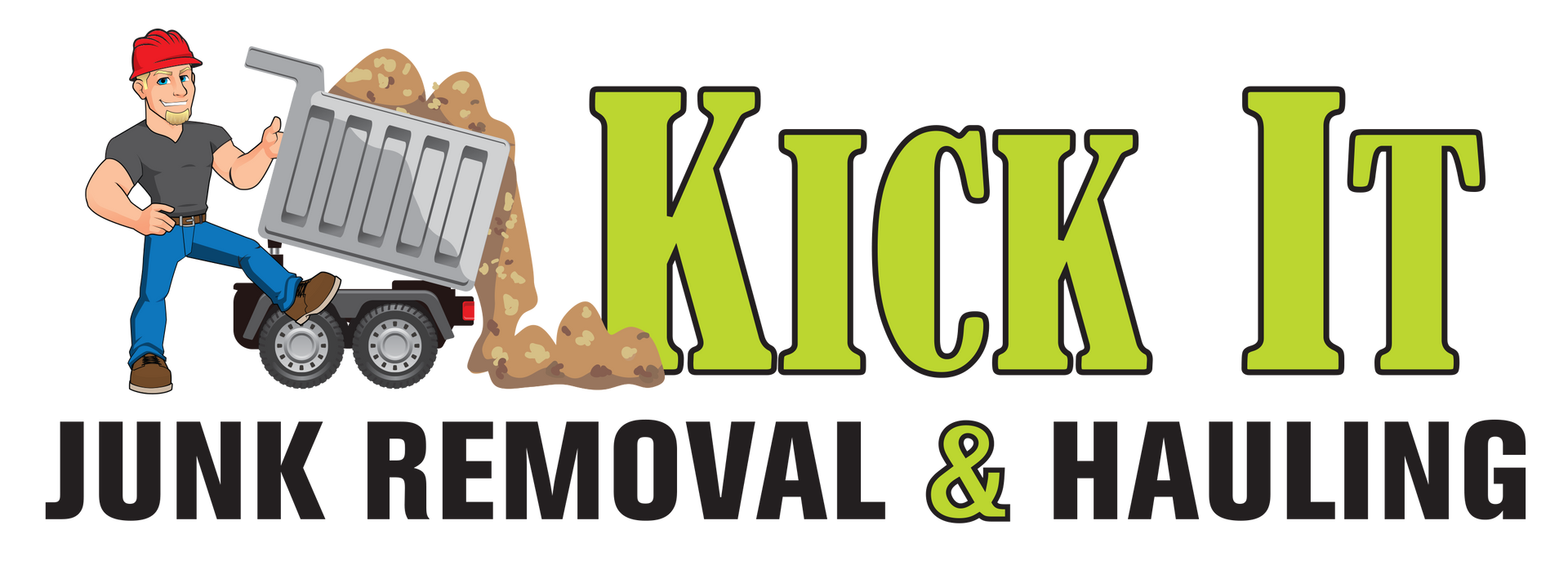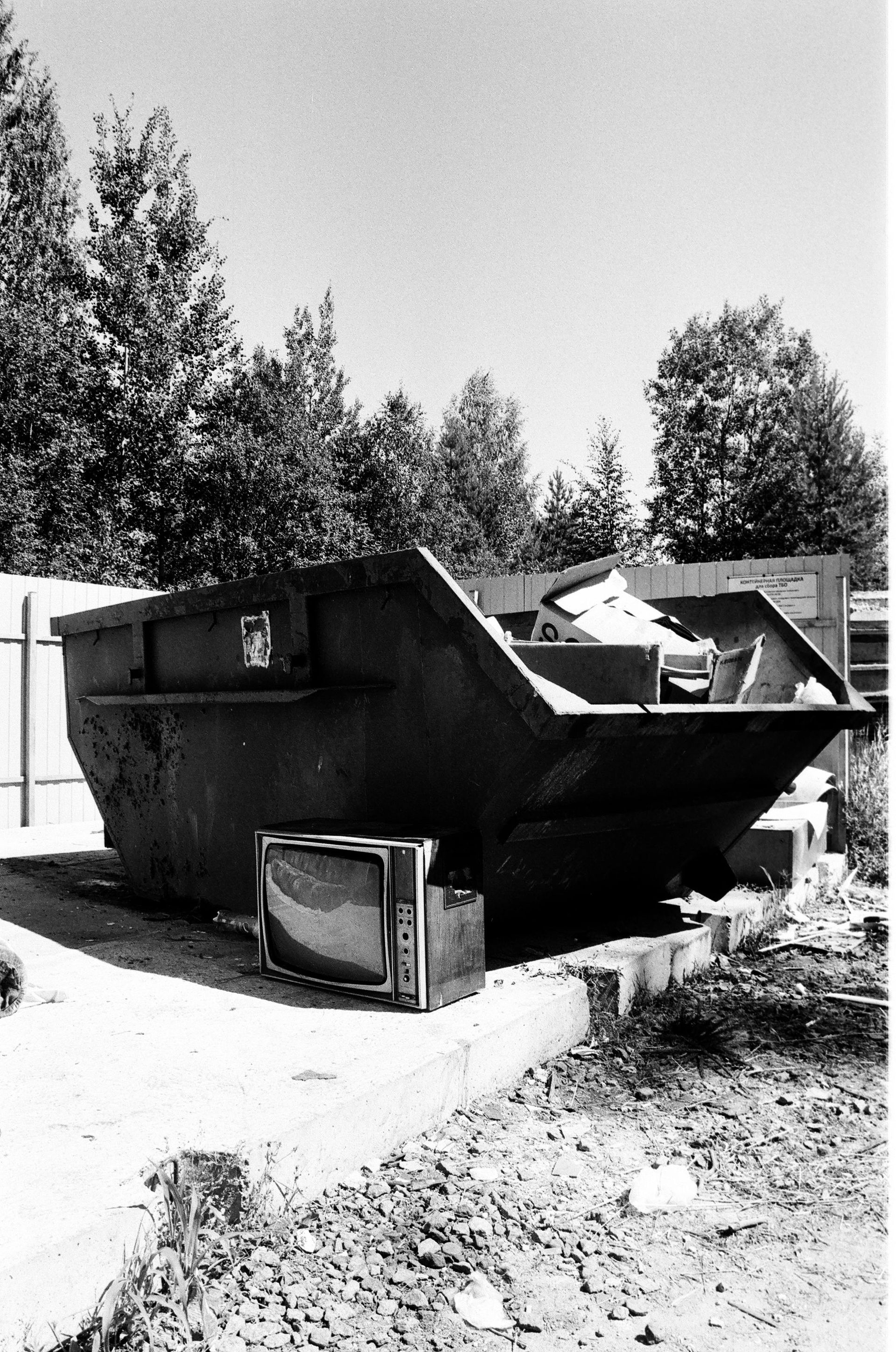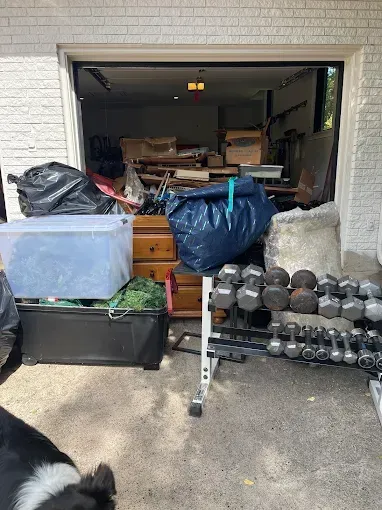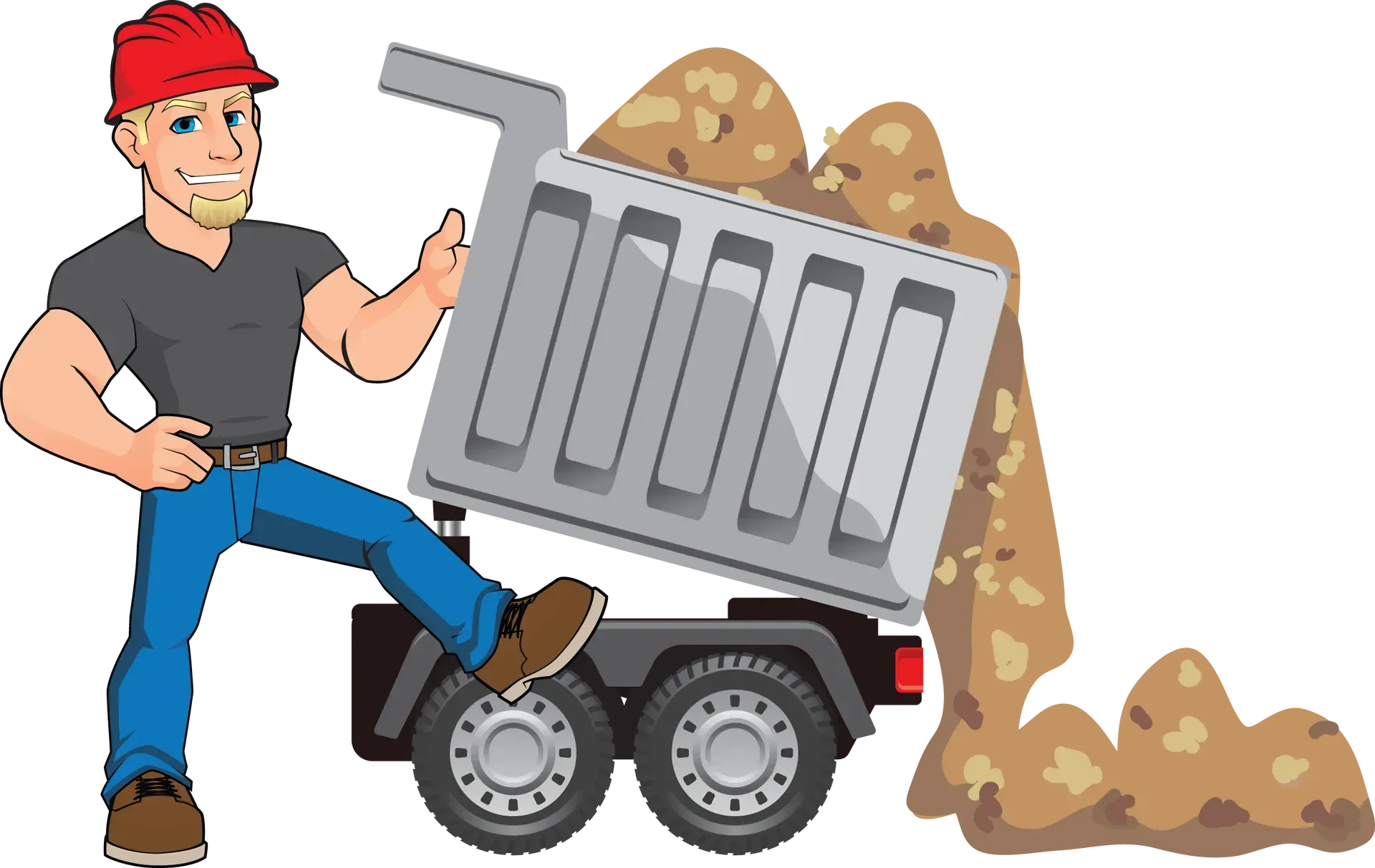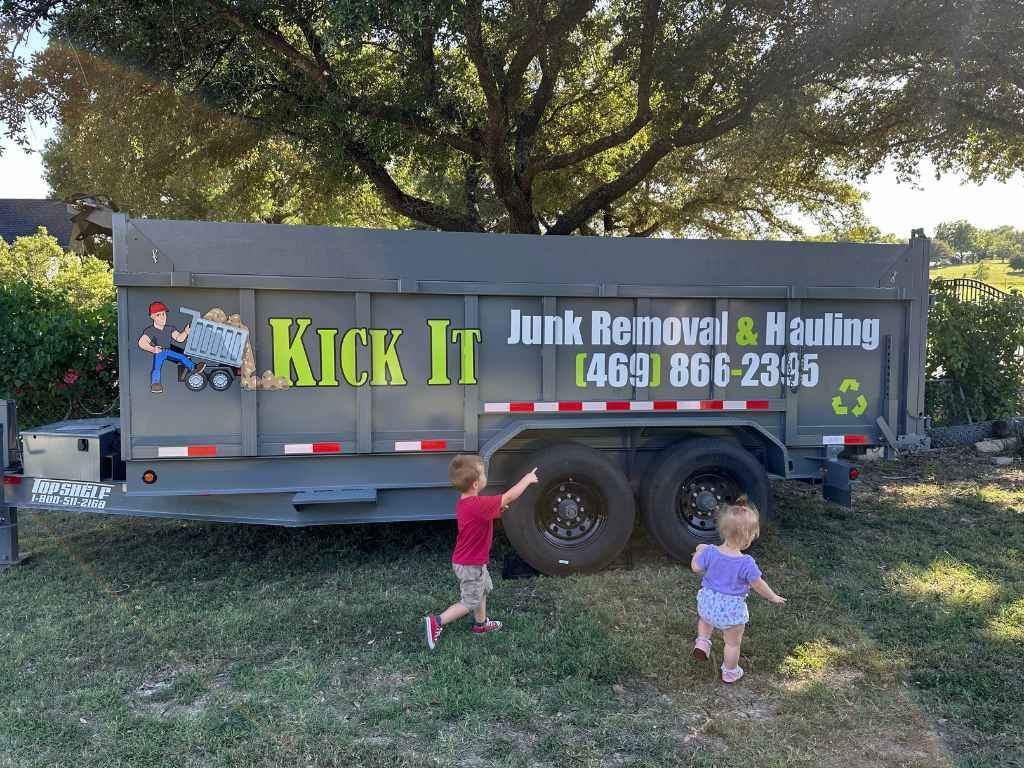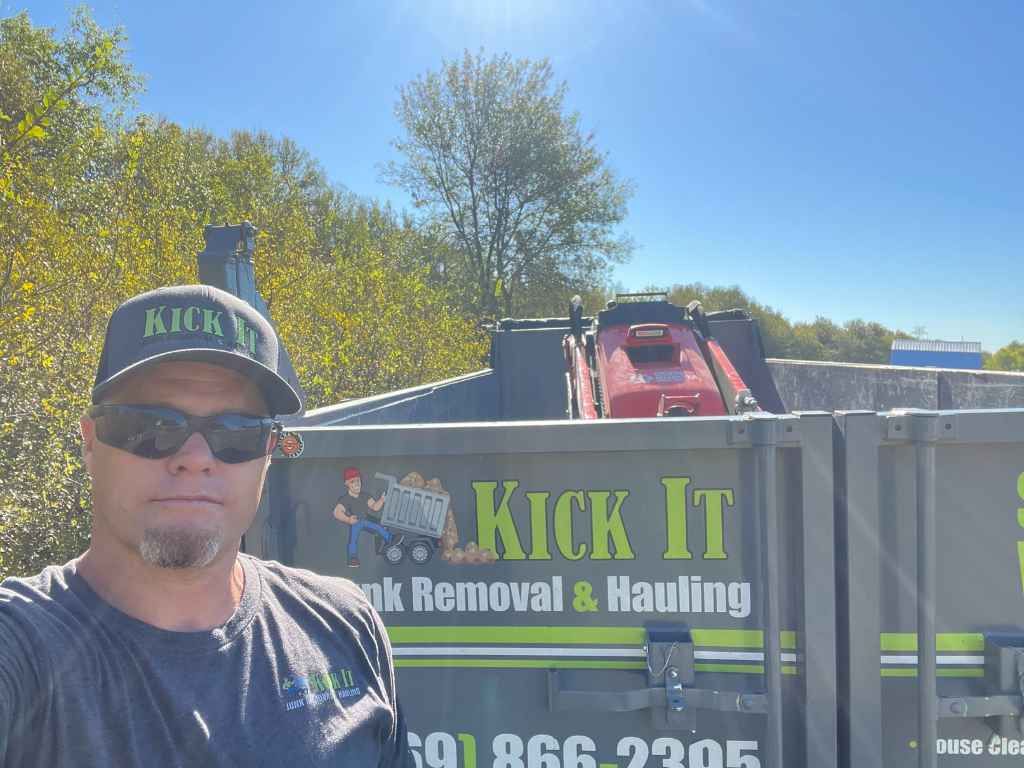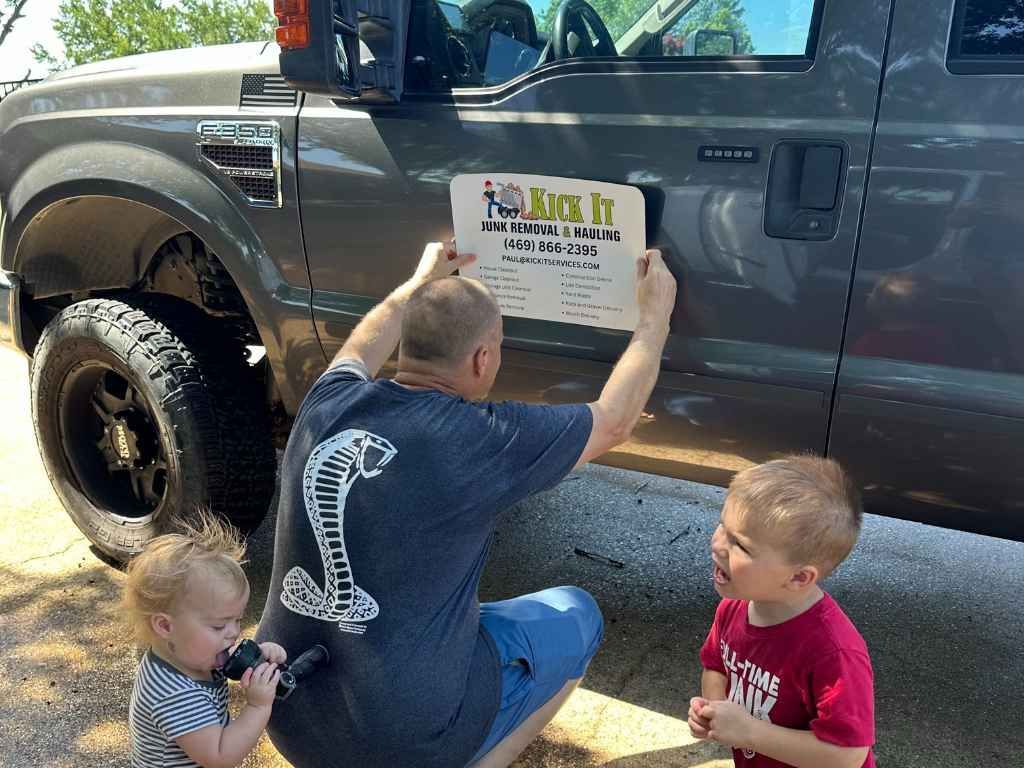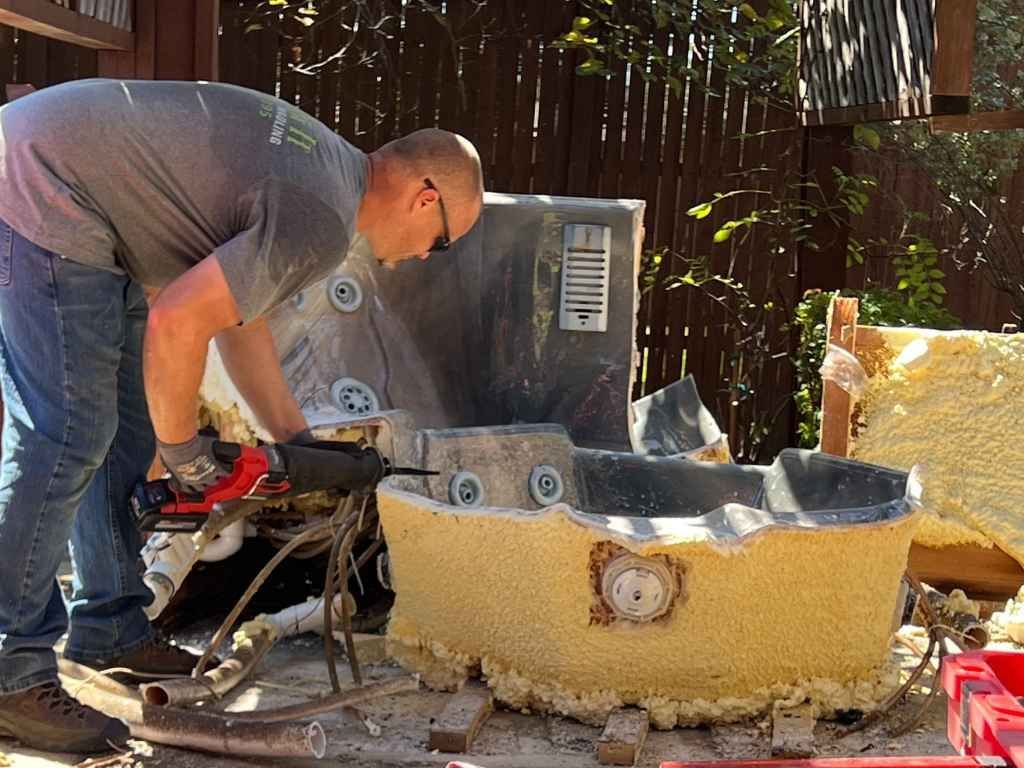How to Safely Remove Unwanted Office Equipment
Unwanted office equipment can quickly pile up, becoming not only a space nuisance but also a safety hazard. Whether you're upgrading your office, relocating, or simply getting rid of obsolete technology, the process of safely removing office equipment is an important task. Improper disposal can lead to various environmental and legal concerns, from data breaches to the improper handling of electronic waste. In this guide, we’ll walk through how to efficiently and safely remove unwanted office equipment, ensuring that the process is as smooth and responsible as possible.
Step 1: Evaluate the Equipment
Before diving into the removal process, take stock of what you’re dealing with. This step allows you to understand what you need to dispose of and how best to approach it. Here are some types of office equipment that often need to be removed:
- Old computers and servers: These might still contain sensitive data that needs to be wiped properly.
- Office furniture: Desks, chairs, filing cabinets, and shelves can take up significant space if not disposed of correctly.
- Printers and fax machines: Large, bulky items that often don’t function well anymore.
- Phones and telecommunication equipment: Includes landline phones, conference call systems, and more.
- Office supplies: Paper shredders, projectors, and other miscellaneous gadgets.
Once you’ve evaluated the equipment, sort items into categories: electronics, furniture, supplies, and so on. This will guide the rest of the removal process, as each type of equipment might need a different handling method.
Step 2: Organize for Safe Disposal
Once you've categorized your office equipment, you can organize the removal process. Some items might need to be recycled, others can be donated, and some may require special handling due to their hazardous materials. Here's how you can approach each category:
Electronics Disposal
Electronics such as computers, monitors, printers, and servers contain valuable components like metals and plastics, but they can also pose serious environmental hazards if not disposed of correctly. The key concern with electronics disposal is the risk of exposure to harmful substances like lead, mercury, and cadmium. Here's what to do:
- Wipe Data Securely: Before you dispose of any electronic devices, ensure that all sensitive data is erased. Simply deleting files is not enough – data recovery tools can recover erased information. Use software specifically designed for secure data deletion. If possible, physically destroy hard drives to prevent any chance of data recovery.
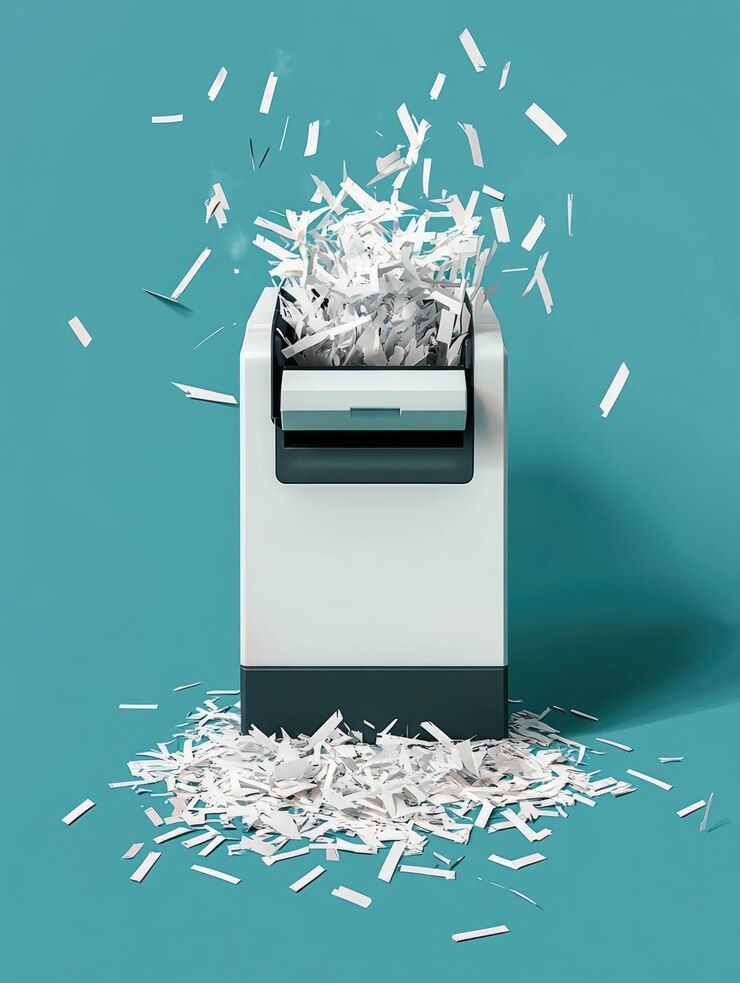
- Find Certified E-Waste Recycling Centers: E-waste, or electronic waste, requires special care to recycle. Contact certified e-waste recycling centers that can safely dispose of or refurbish your old electronics. These facilities follow strict environmental guidelines to ensure the components are recycled in a way that doesn’t harm the environment.
- Consider Donation or Resale: If the electronics are still functioning, donate them to local schools, charities, or non-profits. Many organizations welcome donations of functional computers and office equipment.
- Check for Manufacturer Take-back Programs: Many manufacturers of office equipment have take-back programs for recycling. These programs often provide free shipping or other incentives to return old equipment for proper disposal.
Furniture Removal
Office furniture can accumulate over time, and while some pieces might still be in usable condition, others could be outdated or damaged. Disposing of office furniture involves different considerations:
- Donate Usable Furniture: If your office furniture is still in good condition, consider donating it to local charities, schools, or non-profits. Many organizations are happy to take gently used desks, chairs, and other office furniture.
- Disassemble Large Items: For large or heavy office furniture that can’t be easily moved, disassemble it before removal. This reduces the risk of damage to the furniture and ensures easier transportation to the disposal site.
- Sell or Auction: If the furniture is still functional and valuable, consider selling it or auctioning it off. Platforms like Craigslist, Facebook Marketplace, or local office liquidation companies can help you connect with potential buyers.
- Hire a Junk Removal Service: For furniture that’s no longer usable or cannot be donated or sold, hiring a junk removal service is often the most convenient and safe solution. Professionals can help you remove bulky furniture quickly, ensuring it's disposed of properly.
Paperwork and Office Supplies
Office supplies, files, and paperwork often pile up over time, and much of it can accumulate without you even noticing. It's important to safely dispose of any sensitive documents that contain personal or business information.
- Shred Sensitive Documents: Personal or client information should never be thrown in the trash. Invest in a quality paper shredder, or hire a professional shredding service to securely destroy sensitive documents. Be sure to handle medical records, financial documents, and contracts with the highest level of care.
- Recycle Non-sensitive Paperwork: For paperwork that doesn’t contain sensitive data, make sure it’s properly recycled. Many paper products can be recycled into new materials, helping reduce waste and conserve resources.
- Sort and Store: Before removing items from your office, take time to go through the supplies and sort through unnecessary items. Old pens, paperclips, and broken staplers can all be recycled or thrown out. If you find that you’re holding on to unnecessary supplies, consider donating them to schools or community groups that can put them to good use.
Step 3: Hire a Professional Removal Service
When dealing with a large amount of office equipment or heavy furniture, hiring a professional junk removal service can be the most efficient and safe option. While it may be tempting to handle everything on your own, professionals are trained to handle the logistics and ensure that all items are disposed of properly.
- Convenience and Efficiency: A professional junk removal service will have the right tools and manpower to quickly remove office equipment without damaging your property. They’ll also handle the loading and transportation, saving you time and effort.
- Proper Disposal Methods: A professional removal service is well-versed in proper disposal techniques. They can sort your items for recycling, donation, or proper waste disposal, ensuring compliance with local regulations.
- Cost-Effectiveness: While hiring a junk removal service does involve a cost, it can often be more affordable than dealing with the logistics yourself. The peace of mind of knowing your equipment is being disposed of safely is well worth the investment.
- Insurance and Liability: Reputable junk removal companies are fully insured, meaning that if anything goes wrong during the removal process, you won’t be held liable for damages. This can be particularly valuable when handling valuable or heavy office equipment.
Step 4: Environmentally Responsible Disposal
In today's eco-conscious world, it’s important to ensure that unwanted office equipment is disposed of in an environmentally responsible way. Improper disposal of electronics can lead to hazardous waste ending up in landfills, potentially polluting soil and water.
- Recycle Responsibly: Work with certified recycling facilities that specialize in handling e-waste. These centers know how to recover valuable materials like metals and plastics while ensuring that hazardous substances are disposed of safely.
- Opt for Eco-friendly Furniture Disposal: Furniture made from wood, metal, and plastic can often be recycled or repurposed. Many companies now specialize in upcycling office furniture, giving it a second life instead of sending it to the landfill.
- Follow Local Regulations: Different regions have specific regulations for the disposal of certain types of equipment. Make sure to follow local laws to avoid fines or penalties.
Step 5: Consider Donating to Charitable Organizations
Donating your unwanted office equipment can help give it a second life, while also supporting charitable organizations. Many non-profits, schools, and community groups are in need of office supplies, furniture, and electronics. By donating your unwanted items, you can reduce waste while contributing to a good cause.
- Look for Local Charities: Check with local charities, shelters, and schools to see if they are accepting donations. Some organizations will even pick up large items directly from your office.
- Verify Functionality: Before donating, make sure the items are still in good working condition. Non-profits usually don’t have the resources to repair broken equipment, so only donate items that are still functional.
- Get a Receipt: Many organizations will offer tax deductions for donated items. Be sure to get a receipt for your donation, so you can claim it on your taxes.
Step 6: Plan for Future Equipment Disposal
To avoid another pile-up of unwanted office equipment, consider implementing a strategy for future disposal. Establishing a regular schedule for reviewing and removing outdated equipment can help keep your office clutter-free. Whether it’s a quarterly review or a more frequent process, staying proactive ensures that you don’t accumulate unnecessary items.
- Designate a Disposal Area: Designate an area in your office where unwanted equipment can be stored temporarily. This helps keep your workspace organized and allows you to monitor what’s ready for disposal.
- Educate Employees: Encourage your employees to properly dispose of their office equipment. Establish guidelines for handling outdated or broken equipment so that it doesn’t accumulate unnecessarily.
- Implement a Replacement Cycle: Set up a replacement cycle for office equipment. When new equipment is purchased, the old items should be removed from the office in a timely manner to avoid clutter.
Conclusion
Removing unwanted office equipment doesn’t have to be a stressful process. By planning ahead, sorting your items into categories, and making use of professional services or charitable donations, you can ensure that your office stays clean and organized. Remember, disposal isn’t just about getting rid of things – it’s about doing so responsibly, efficiently, and with a mindset that benefits both your workspace and the environment.
If you're ready to take the next step and safely remove your unwanted office equipment, reach out to Kick It Junk Removal & Hauling. Located at 14339 Stanley Lane, Forney, Texas 75126, you can contact us at 469-866-2395 or Paul@kickitservices.com for professional junk removal services. Let us help you clear your office and make room for the new!
